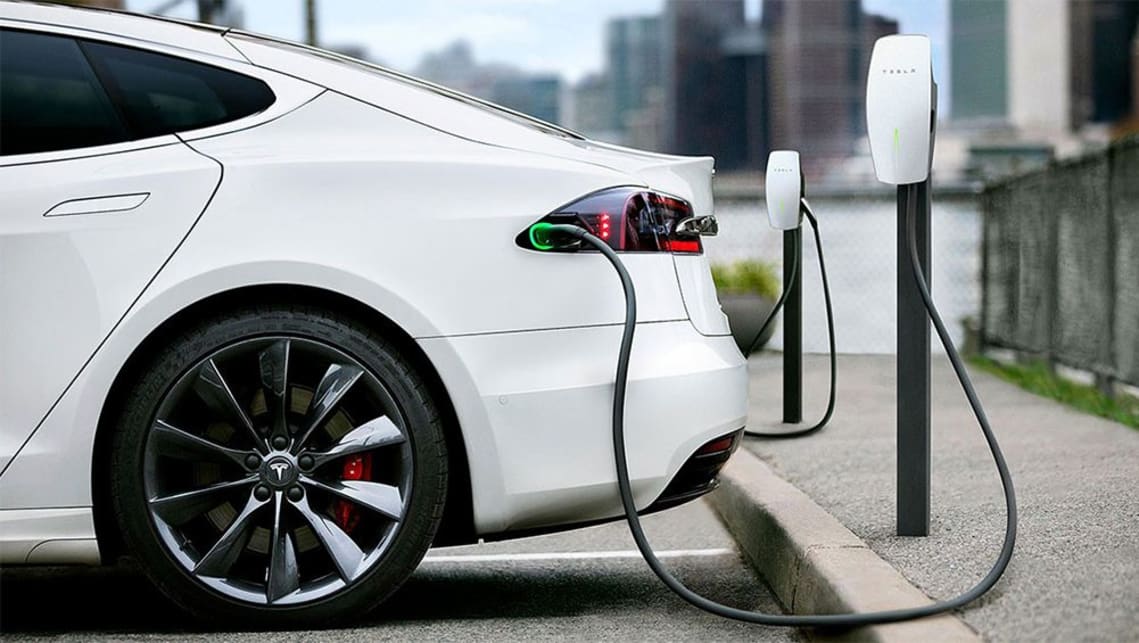With the growing push for sustainability and eco-friendly options worldwide, electric motors are steadily gaining prominence. While the spotlight frequently shines on the environmental benefits inherent to electric vehicles (EVs), it’s crucial to grasp the equally significant financial advantages they present. Owning an electric car holds the potential to significantly reduce both fuel and maintenance expenses, translating into tangible improvements in individuals’ financial landscapes. This article delves into the multifaceted significance of embracing electric vehicles, highlighting their capacity to not only contribute to a greener world but also enhance personal economic well-being.

Lower Charging Costs
Owning an electric car comes with an obvious perk, reduced charging costs. As they eliminate the need for conventional fuels, shifting to electric power leads to noteworthy savings, especially as gasoline and diesel prices continue to climb.
Electric motors are celebrated for their exceptional energy efficiency, translating to lower costs per mile compared to traditional internal combustion engines. What’s more, electric car owners can conveniently charge at home or public stations, significantly cutting costs compared to fueling conventional engines.
Choosing an electric car can substantially trim personal transportation expenses, whether for daily commutes or other travel needs. This makes investing in an electric car a smart move for those aiming to boost their financial savings.
Lower Maintenance Costs
Another important factor that adds to the financial attractiveness of electric vehicles is their lower maintenance costs. Electric motors require less maintenance than conventional combustion engines due to their simpler design with fewer moving parts. This design advantage reduces the chances of mechanical breakdowns and the associated repair costs.
In addition, electric cars eliminate the need for oil changes, transmission upkeep, and exhaust system repairs, resulting in decreased periodic maintenance expenses. Even though the initial investment in electric vehicles might be higher, the considerable long-term savings help balance out this initial cost difference.
Compatibility with Clean Energy Sources
Furthermore, the easy compatibility of electric vehicles with clean energy sources offers another way to save. A clear instance of this can be seen in some forward-looking European countries, where charging stations are gradually adopting eco-friendly sources like solar panels and wind turbines. Thinking about these approaches becoming widely adopted points to a future where the cost of charging electric vehicles is likely to drop from its current levels.
In conclusion, it’s vital to understand that electric cars offer benefits to society that go beyond their impact on the environment. One major advantage is the significant money savings they provide for consumers. Opting for electric cars as the primary mode of transportation has the potential to lead to long-lasting financial improvements for individuals. As the world continues its push towards sustainability, embracing electric vehicles not only contributes to a greener planet but also holds considerable potential for enhancing personal financial well-being.
In this context, comprehending the broader significance of electric cars is crucial. Their positive influence on society transcends environmental considerations. A noteworthy benefit is the concrete economic relief they offer to consumers.



